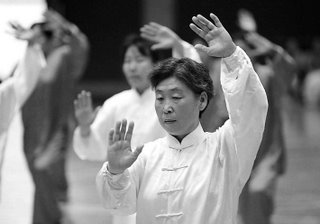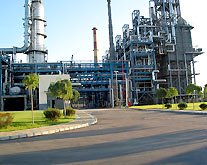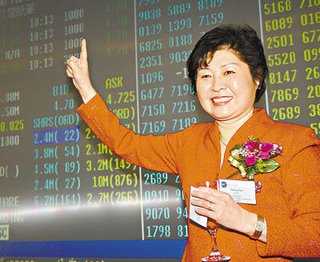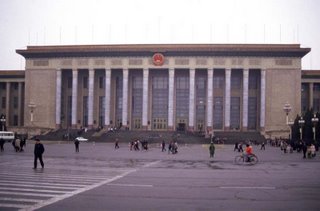
China is one of the biggest aging societies in the world
The deficit of China’s social security fund has now amounted to trillions of yuan, said Xiang Huaicheng, chairman of the National Council for Social Security Fund, the top management body of the fund in China.
“There is a loophole during the process of the transformation of social security system in our country, a system transformation cost. The cost probably is not to be measured by trillions of yuan, but by tens of trillions of yuan,” Mr. Xiang said on a China Central Television program aired on Friday.
The estimation could be inaccurate, he added, because China is lack of detailed statistics data on social security fund. However, the current fund of 2.3 trillion yuan (about US$0.4 trillion) is far from being able to handle the pension needs of China’s increasingly aging population, Mr. Xiang said, but he hoped the fund could be expanded to close to 10 trillion yuan within five years.
Deficiency and poor management of social security fund has been recognized as a major threat to China’s social stability. Some reforms have been tried to resolve the problems but an overall efficient and stable social security system is yet to be figured out, let along to be established. The country’s wide economic and social development gap among different regions and rampant corruption among government officials only complicate the already thorny and dangerous situation.
The fact that China’s top official of social security fund management acknowledged publicly the existence of a huge loophole only spells how serious the problem has become, because Chinese government officials usually tend to cover up problems in their realms until things are too bad to hide.
http://news.sina.com.cn/c/2006-10-27/220011352231.shtml
http://www.ssf.gov.cn/enweb/Column.asp?ColumnId=35
Related article:
China Faces Social Security Fund Management Crisis
http://josieliu.blogspot.com/2006/09/thousands-participated-in-confucius.html
Zhou Zhengyi Under Investigation Again
Famous Shanghai real estate entrepreneur Zhou Zhengyi has been investigated by Shanghai law enforcement, according to the 21st Century Economy Report. Hong Kong investigators are also seeking to question Mr. Zhou over illegal financial practices.
Mr. Zhou was jailed for three years for financial fraud and got out of prison in May. He is widely speculated as having close ties with high-rank officials and involving in corruption.
http://news.sina.com.cn/c/l/2006-10-28/010911352586.shtml
----by Josie Liu






